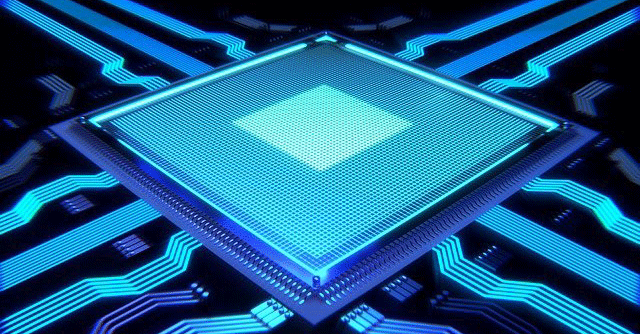
Chip companies set up consortium to promote open standard for chiplet design


Leading chip designers, manufacturers and cloud providers have joined forces to set up an industry consortium to promote an open standard called Universal Chiplet Interconnect Express (UCIe) that will encourage wider adoption of chiplets as an alternative to single monolithic chips.
The consortium includes Intel, AMD, ARM, Qualcomm, Samsung, Advanced Semiconductor Engineering (ASE), TSMC, Google Cloud, Meta and Microsoft. Two of the big names missing from the consortium are Apple and Nvidia.
“Integrating multiple chiplets in a package to deliver product innovation across market segments is the future of the semiconductor industry. Critical to this future is an open chiplet ecosystem,” Sandra Rivera, executive vice president and general manager of the Datacenter and Artificial Intelligence Group at Intel said in a statement.

Chiplets are made up of multiple smaller dies that combine together to create a single CPU package unlike a traditional chip in which a die is manufactured as a single monolithic piece.
Die is the part of the CPU that contains transistors that power it.
Over the years, chipmakers have worked on the principle of Moore’s law which says that more transistors results in better performance. However, to fit them into modern day computing devices chipmakers have to squeeze more transistors to a single chip by making transistors smaller. However, squeezing the size of the transistor is becoming a challenge due to the limitations of silicon.

Industry has been looking at alternatives to silicon. However, for the time being chiplets have allowed them to address this dilemma with its modular design. Silicon wafers used in CPUs will always have defects due to the properties of silicon. Dividing silicon wafers into smaller chiplets allows them to reduce wastage caused by defects, resulting in lower cost and increased performance.
According to chip companies, the cost of manufacturing a chip has been growing. Creating a universal chiplet standard will encourage a wider adoption of chiplets and reduce costs.
Intel and AMD have been experimenting with chiplet technology for quite some time. AMD is already using it in its EPYC server processor, which is made up of four chiplets. According to reports, it has allowed AMD server processors to deliver more data bandwidth to memory and other components as compared to rival server processes including that of Intel.

Intel is expected to launch its chiplet-based Meteor Lake CPUs sometime in 2023. Meteor lake CPUs will be based on 4nm architecture and will have a compute die, SOC-LP die, and a GPU die, similar to AMD’s chiplet design.
